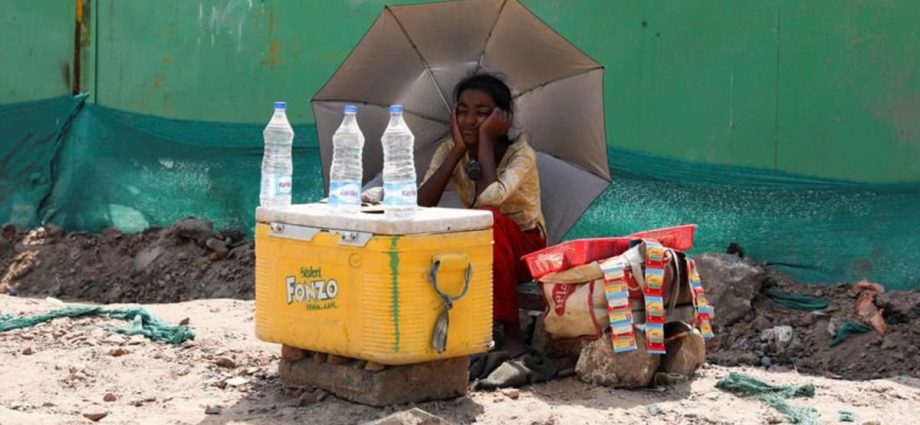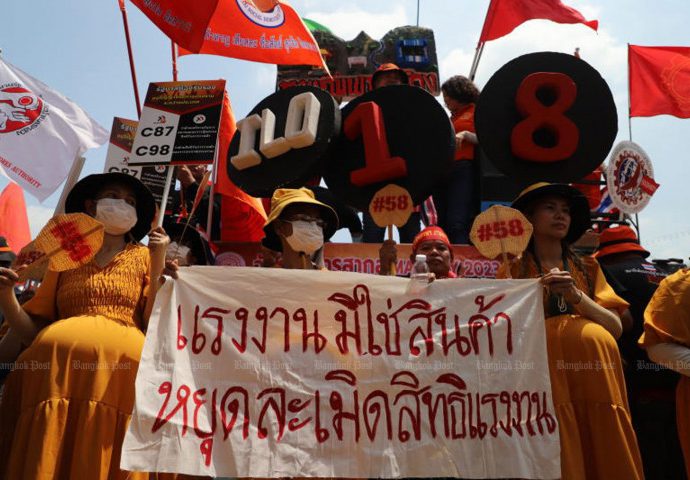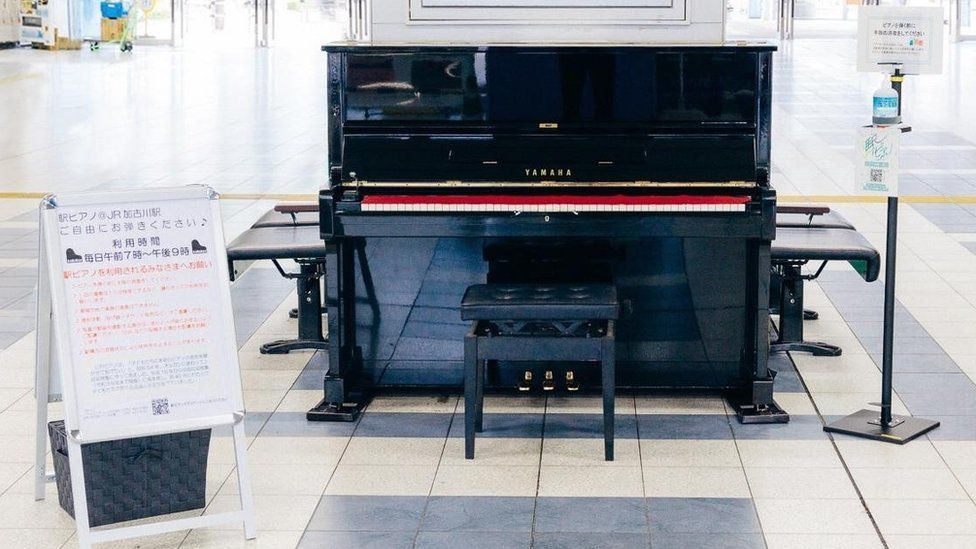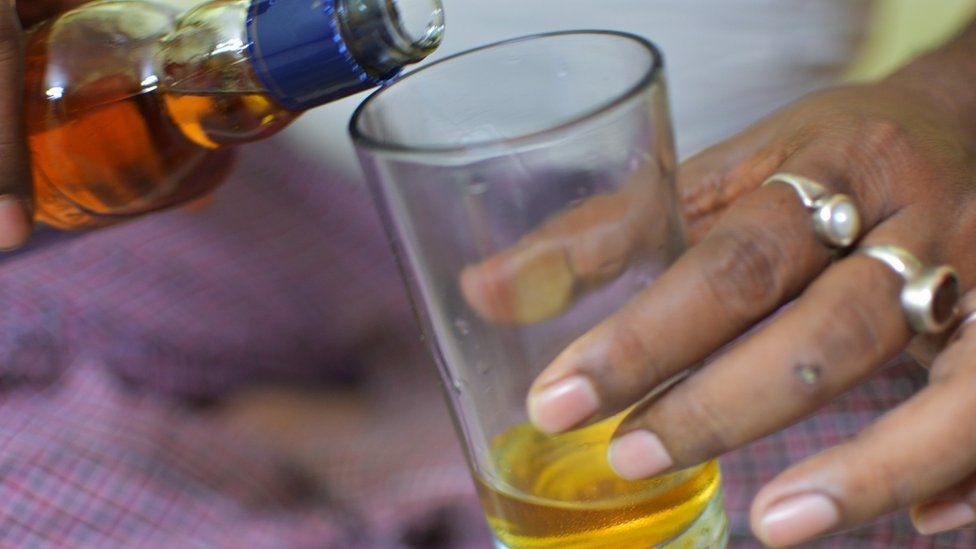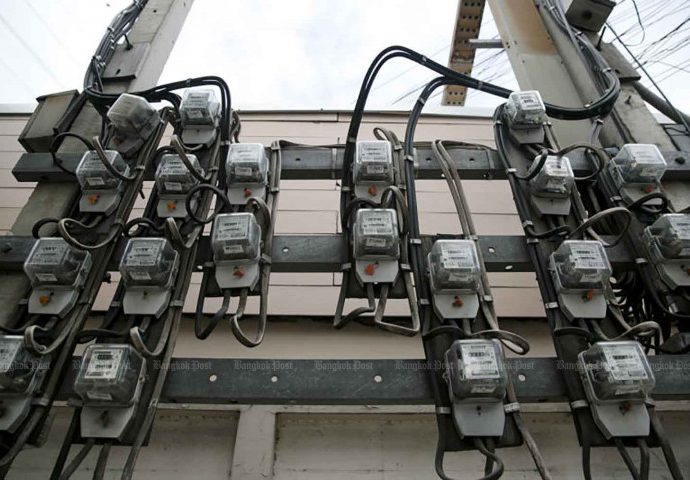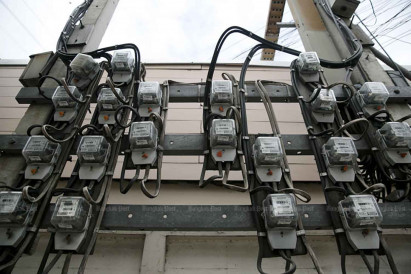Commentary: Deadly heatwaves threaten to reverse India’s progress on poverty and inequality
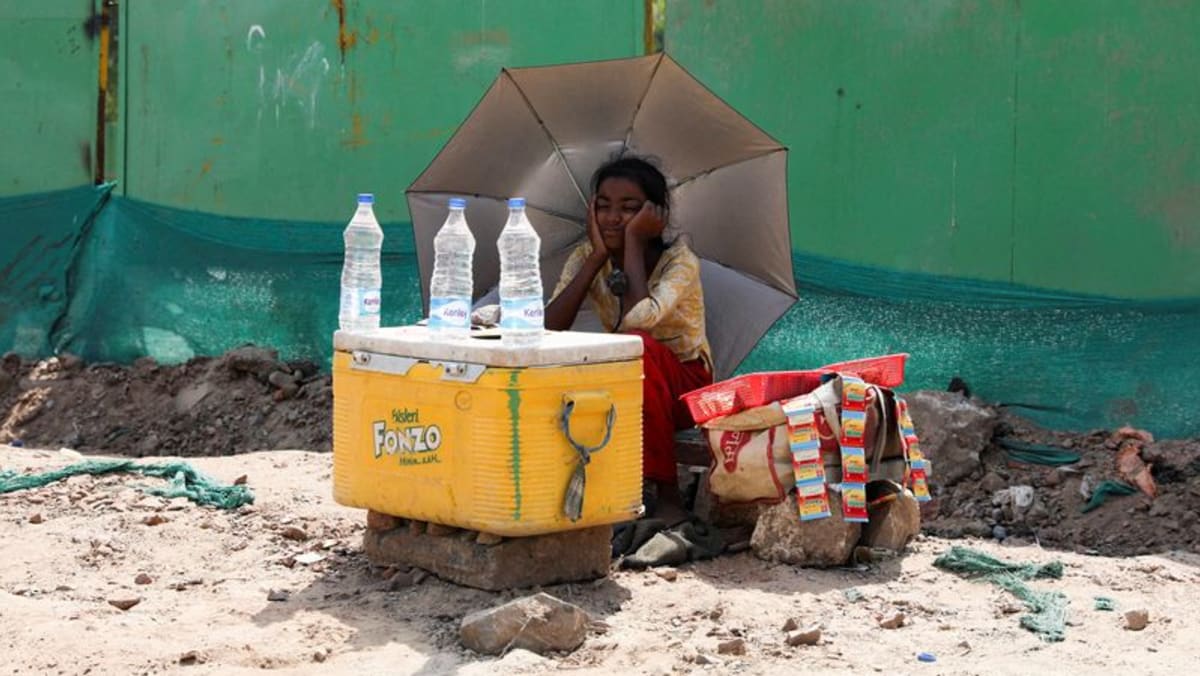
CAMBRIDGE: Record-breaking heatwaves in April 2022 put 90 per cent of people in India at increased risk of going hungry, losing income or premature death, according to our new study.
After 2022 was designated the hottest in 122 years, extreme heat has appeared early again this year with more than 60 per cent of India recording above-normal maximum temperatures for April, according to the country’s Meteorological Department. El Nino, a natural climate event that can increase global temperatures, is also expected to occur this year.
The increasing frequency of such deadly heatwaves could halt or even reverse India’s progress in reducing poverty, food and income security and gender equality, harming the quality of life for over 1.4 billion Indians.
As a natural phenomenon, extreme heat is projected to occur once every 30 years or so in the Indian subcontinent. This is no longer the case thanks to man-made climate change. India has suffered more than 24,000 heatwave-related deaths since 1992 alone, with the May 1998 heatwave being one of the most devastating as it claimed over 3,058 lives.
During the May 2010 heatwaves, temperatures in the western city of Ahmedabad reached 47.8 degrees Celsius and raised heat-related hospital admissions of newborns by 43 per cent, prompting the city to become one of the country’s first to implement a heat action plan meant to guide preparations and emergency responses to heatwaves which has since saved thousands of lives.
The 2015 heatwave killed more than 2,330 people and prompted the government ministry for disaster management to set guidelines for preventing deaths during heatwaves and push Indian states to develop their own plans.
Failure to implement these strategies may stymie India’s economic progress. If proper heat action plans are not developed, excessive heat could cost India 2.8 per cent and 8.7 per cent of its GDP by 2050 and 2100, respectively. This is a worrying trend, especially given India’s goal of becoming a 10-trillion-dollar economy by 2030.

